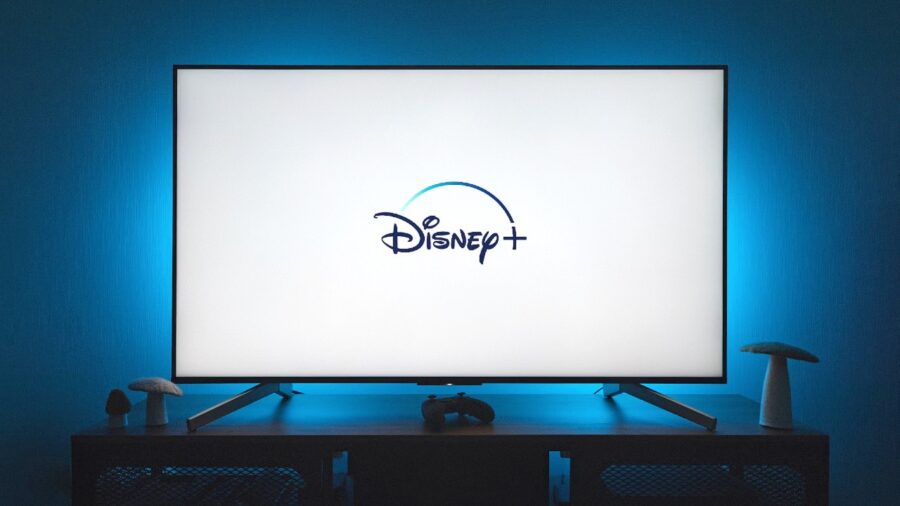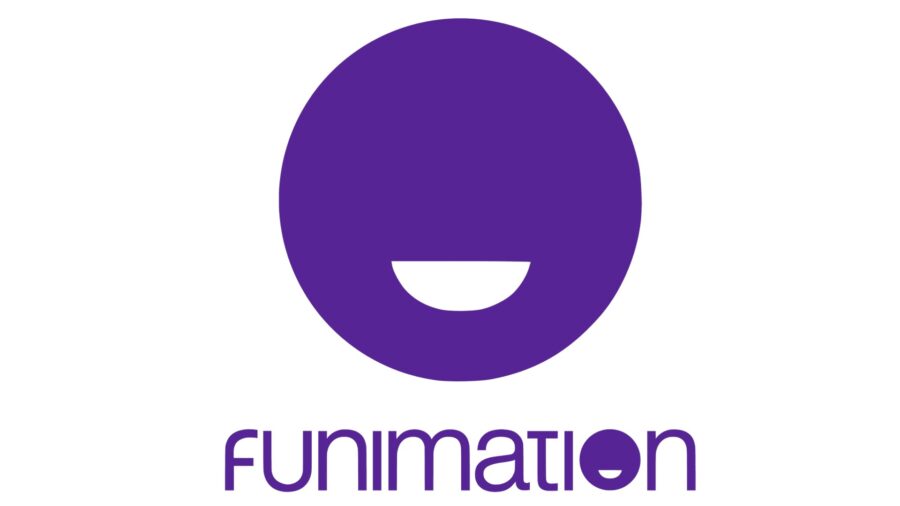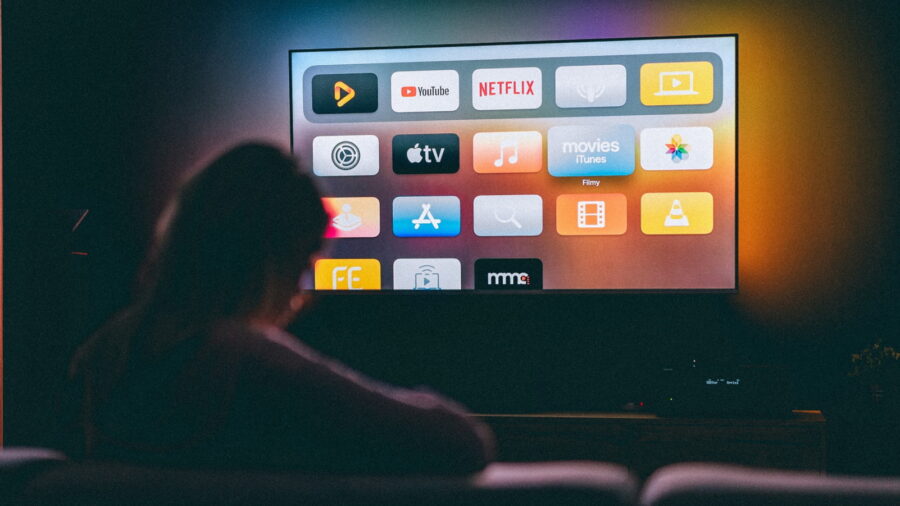4K Blu-Ray Is Far Better Than Streaming, And Disney Wants To Kill It

Indisputably, we live in a digital age—streamers stream, bingers binge, and many forget that once, not long ago, the average viewer inserted physical DVDs into DVD players. Those silver discs, after all, were what Netflix initially delivered to our homes.
But presently, a heated debate between the convenience of streaming services and the quality of physical media is reaching a fever pitch. Fueling the fire is Disney’s recent decision to halt sales of 4K Blu-rays in Australia, as Best Buy similarly announced they would cease stocking DVDs and Blu-rays post-holiday season.
The Death Of Physical Media Is Nigh

Both developments signal a worrying trend for physical media enthusiasts. The moves made by these corporate giants jeopardize the future of a format far superior to streaming in terms of quality beloved by cinephiles for its unparalleled excellence.
Obviously, convenience of access to massive libraries of TV shows and movies (for a monthly monthly fee) drives the shift toward streaming services. But the transition overlooks the marked quality upgrade offered by 4K Blu-ray discs and their reliability.
Media Can Be Removed From Streaming Services Any Time

That reliability is important as, increasingly, digital services—the legendary cloud on which all our media supposedly floats—are no guarantee.
Take the recent, controversial eventuality: Sony’s Funimation, a digital service that removed customers’ access to previously purchased material. In the wake of a service like Funimation axing whole libraries of digital material, the potential role and importance of physical media are all the more apparent.4k Blu-Ray’s Quality Is Unmatched

Meanwhile, as any film enthusiast admits, 4K Blu-ray offers indisputably unmatched quality. For example, 4K Blu ray’s data transfer rate, 128Mbps, dwarfs the 16-25Mbps of 4K streaming. Overall, 4K Blu-ray provides a less compressed and higher quality viewing experience.
This difference surpasses mere visuals, as physical media enjoys superior audio quality by supporting lossless Dolby True HD formats. Compare this with the lossy Dolby Digital Plus used for streaming, and you have a clear winner.
Ultimately, digital increasingly represents a risk and diminished quality. What could underscore this more than Funimation, the Sony subsidiary’s announcement that it would render digital libraries inaccessible post-merger with Crunchyroll? If this comprises the onset of a trend, it spells out the immense volatility of digital ownership.
A Grim Future

The Funimation situation (rhyme unintended, but we’ll take it) translates to a disastrous scenario in which subscribers, having purchased digital copies of physical media (potentially also available in 4K Blu-ray format), found themselves unable to access the content they paid for—with no path to compensation in sight. The incident reflects broader industry trends.
It paints a grim future—not Skynet-robot-apocalypse grim, but grim enough—where digital purchases are subject to change, removal, or loss due to licensing issues, service terminations, or corporate mergers.
No One Can Take Away Your Physical Copies, Not Even Disney

Physical media offers actual ownership. It’s yours to keep upon purchasing a 4K Blu-ray disc—no corporate whim or internet connectivity issue can threaten your bond. More seriously, for collectors, physical media also offers the tangible joy of a curated collection alongside the resale potential.
Plus, there’s a growing demand for 4K Blu-rays. Look no further than the success of discs like Oppenheimer, which sold out within a week of release. Less dramatically—but as importantly—small and specialist companies continue to release 4K restorations of niche and classic films, too.












